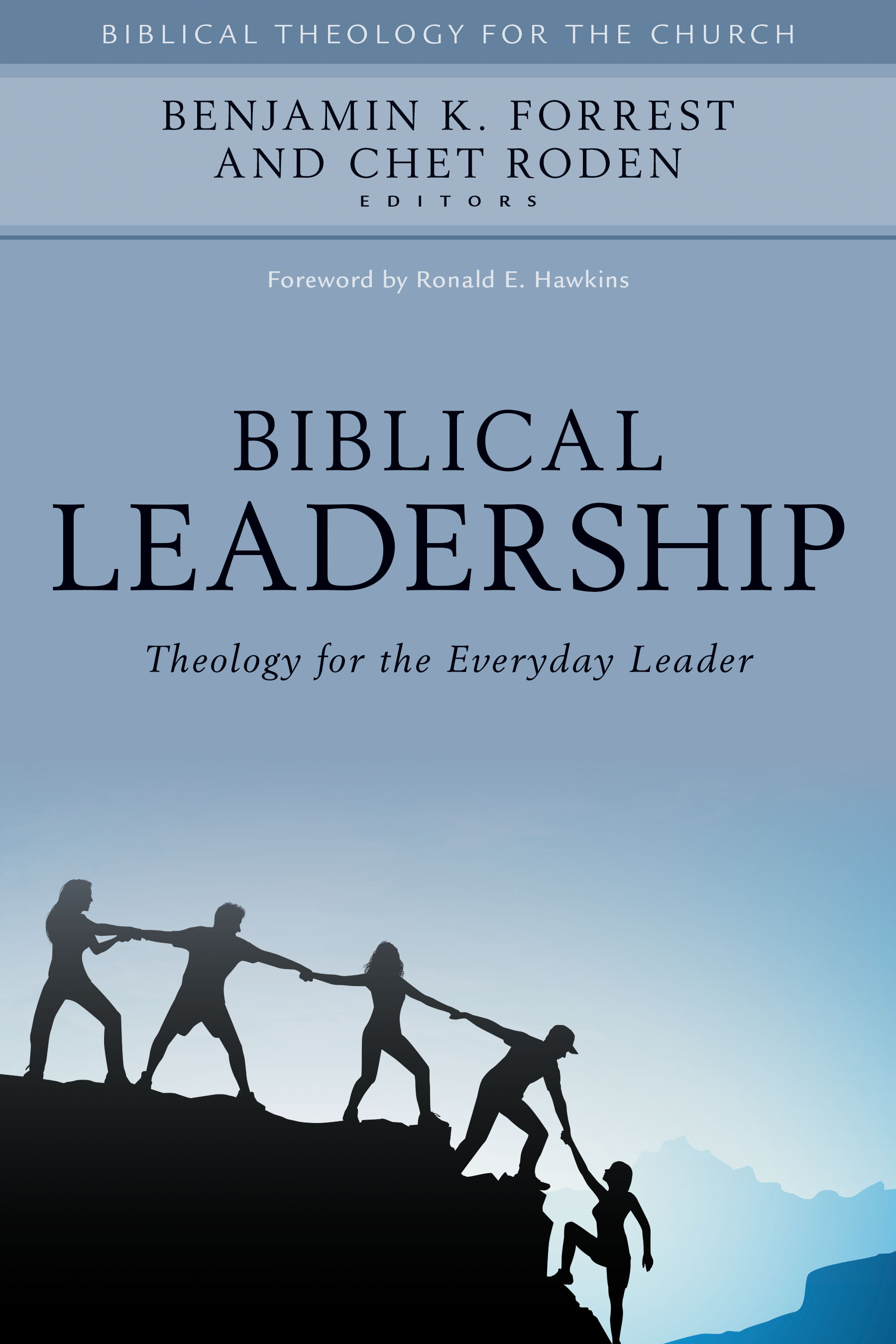Attempting to catch up on life…and not doing too well with that. Here’s one that’s up against a hard deadline, though, so making progress.
 As we get to today’s book, Biblical Leadership, it’s important to start with an understanding of what the discipline of “Biblical Theology” is. While the source of all the theology we do as Christians should be the Bible, “Biblical Theology” is the specific study of what the Bible has to say in certain sections about a theological topic.
As we get to today’s book, Biblical Leadership, it’s important to start with an understanding of what the discipline of “Biblical Theology” is. While the source of all the theology we do as Christians should be the Bible, “Biblical Theology” is the specific study of what the Bible has to say in certain sections about a theological topic.
To that end, Biblical Leadership, edited by Benjamin K. Forrest and Chet Roden, is a Biblical Theology text regarding leadership. This is a compiled work from Kregel Academic, with various contributors focusing on different portions of the Biblical text. For example, Joseph Hellerman, author of Embracing Shared Ministry and the EGGNT volume on Philippians, handles the chapter on Pauline theology. As with any multi-author work, some of the authors are more ‘favorites’ than others. Other authors include Andreas Kostenberger, now of Midwestern Seminary and Walter Kaiser of Gordon-Conwell. Forrest and Roden are both at Liberty University, so it is no surprise that several contributions come from their co-workers. (I’m currently trying to shepherd a group project, I’d give a toe to be able to walk into the next office and ask a co-author where his chapter is.)
Now, on to the content: let’s start in the middle. Chapter 20 presents a study in the various words of the Greek New Testament that are used to illustrate leadership. It’s a valuable starting point, even being in the middle of the book, because it links the whole of the text. Further, it helps centralize the study in the text of Scripture. I’ve seen it said that the Bible only speaks around the idea of leadership, but Robert Wayne Stacy’s chapter here is a great counterpoint to that thought.
Each of the Biblical sections are useful, though I found William Osborne’s chapter on the divided monarchy a step above. He had one of the more challenging areas of history to wrestle with, and managed to not have it feel forced or artificial. I also enjoyed Hellerman’s work on Pauline theology, but that may be my predisposition for his viewpoint.
Benjamin Merkle’s chapter on titles and roles in the Early Church is helpful both for leadership and history. He takes note of those who led officially, led unofficially, and those who held authority beyond the local congregation. When dealing with apostles and prophets, he focused on the clear Biblical material without commenting on whether these titles endured past the New Testament.
In all, this a good resource for learning how leadership can seen across the Biblical texts. Rather than starting with leadership principles, it starts with the text and then shows what concepts are there. Stylistically, it is more academic in tone so it will take a bit of attention to the details. It is well worth the effort, but don’t expect to find too many cliches and poster board sayings here.This is for those who want to think deeply about the matter.;
And if my own liking of this book wasn’t enough, the first endorsement blurb is from J. Daniel Hays, Dean of the Pruet School of Christian Studies at Ouachita Baptist University. Dr. Hays doesn’t endorse lightly—take it from someone who has had him not grade lightly!—and I will give his endorsement a hearty agreement.
I received a copy of this book in exchange for the review. Kregel Academic provided the book, and I’m greatly addicted to their work.


No comments:
Post a Comment
To deal with SPAM comments, all comments are moderated. I'm typically willing to post contrary views...but I also only check the list once a day, so if you posted within the last 24 hours, I may not be to it yet.